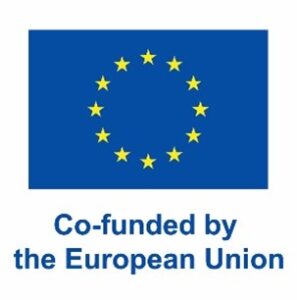The project primarily focuses on promoting EU rights and values for people with mobility challenges. Its main objectives revolve around empowering individuals with mobility challenges, strengthening the role of CSOs, facilitating their engagement in decision-making processes, and fostering collaboration and knowledge exchange.The project includes the following activities: comprehensive research and data collection activities to gain insight into the specific barriers to access encountered by people with mobility challenges in Cyprus, awareness and empowerment workshops, equipping participants with knowledge about their EU citizenship rights and available support services, as well as an advocacy campaign, featuring an online petition and online experts meetings.
Target groups:
The project will benefit individuals with mobility challenges and their families, CSOs, policymakers and government authorities, the general public, and stakeholders.
Activities:
- Research on awareness of EU Rights and barriers faced by individuals with mobility challenges in Cyprus. In total, 52 individuals with mobility challenges completed the online survey, and 15 participated in focus group discussions.
- ublication of a Whitepaper Report (in English and Greek) presenting key research findings, the EU legal framework, best practices, and policy proposals for improving access and inclusion.
- Organisation of Awareness and Empowerment Workshops for individuals with mobility challenges in Limassol, Nicosia, and Larnaca, with a total of 27 participants.
- Launch of an online petition for policy change to support the creation of an independent monitoring mechanism for the National Disability Strategy and the regulation of systematic awareness-raising campaigns, collecting 77 signatures.
- Final event attended by 20 participants, including individuals with mobility challenges, experts, NGOs representatives, policymakers, and government authorities.

Funded by the European Union. Views and opinions expressed are however those of the author(s) only and do not necessarily reflect those of the European Union or the European Education and Culture Executive Agency. Neither the European Union nor the granting authority can be held responsible for them.
